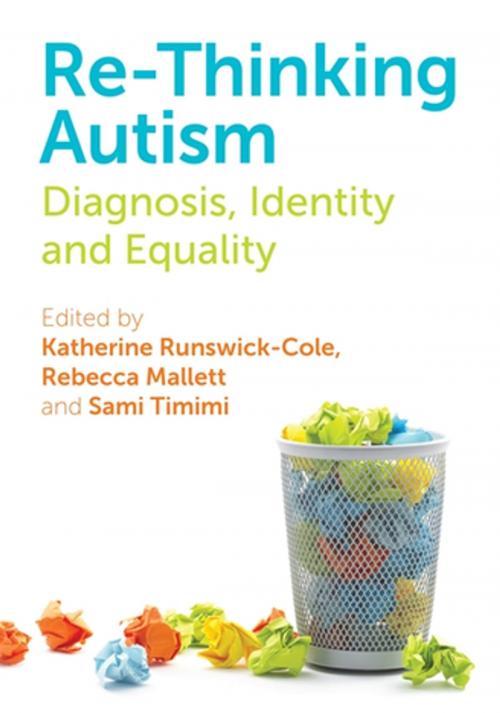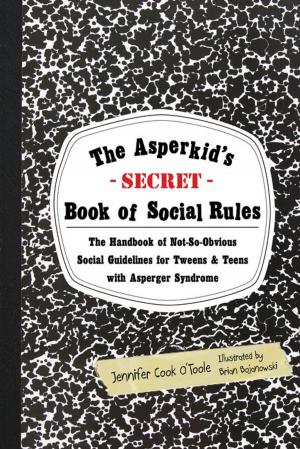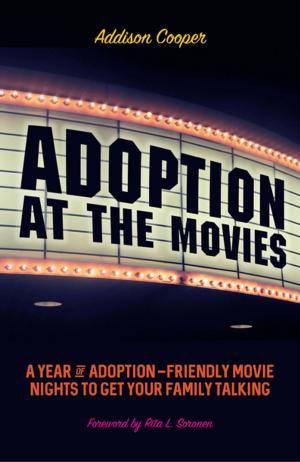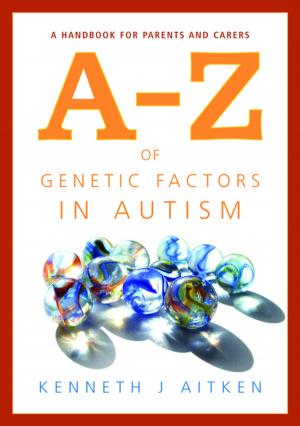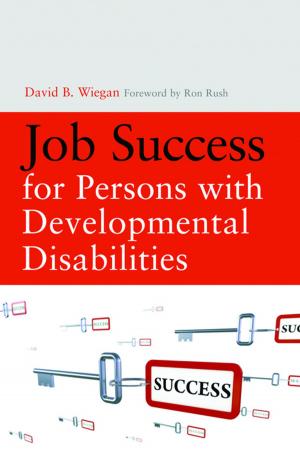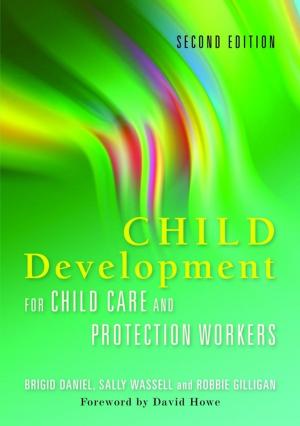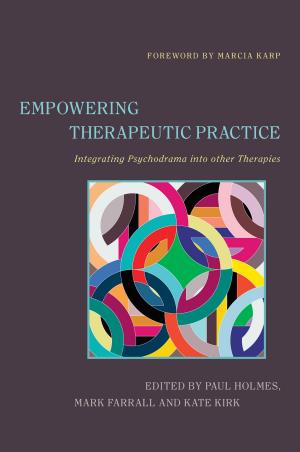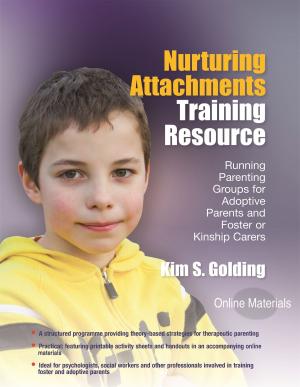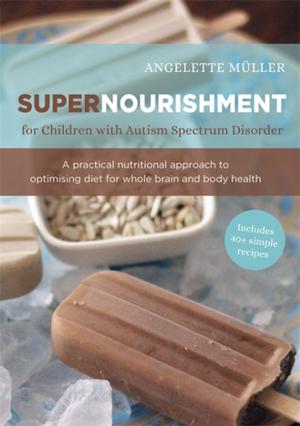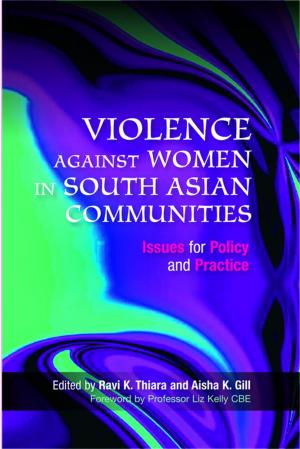Re-Thinking Autism
Diagnosis, Identity and Equality
Nonfiction, Health & Well Being, Psychology, Mental Health, Health, Social & Cultural Studies, Social Science| Author: | Saqib Latif, Tom Billington, Gail Simon, Richard Hassall, Brian McCabe, Anne McGuire, Dan Goodley, Rafaela Zorzanelli, Nick Hodge, Graham Collins, Kim Davies, Tom Muskett, Francisco Ortega, Clarice Rios, Ginny Russell, Mark Haydon Haydon Laurelut | ISBN: | 9781784500276 |
| Publisher: | Jessica Kingsley Publishers | Publication: | May 5, 2016 |
| Imprint: | Jessica Kingsley Publishers | Language: | English |
| Author: | Saqib Latif, Tom Billington, Gail Simon, Richard Hassall, Brian McCabe, Anne McGuire, Dan Goodley, Rafaela Zorzanelli, Nick Hodge, Graham Collins, Kim Davies, Tom Muskett, Francisco Ortega, Clarice Rios, Ginny Russell, Mark Haydon Haydon Laurelut |
| ISBN: | 9781784500276 |
| Publisher: | Jessica Kingsley Publishers |
| Publication: | May 5, 2016 |
| Imprint: | Jessica Kingsley Publishers |
| Language: | English |
Challenging existing approaches to autism that limit, and sometimes damage, the individuals who attract and receive the label, this book questions the lazy prejudices and assumptions that can surround autism as a diagnosis in the 21st Century.
Arguing that autism can only be understood through examining 'it' as a socially or culturally produced phenomenon, the authors offer a critique of the medical model that has produced a perpetually marginalising approach to autism, and explain the contradictions and difficulties inherent in existing attitudes. They examine and dispute the scientific validity of diagnosis and 'treatment', asking whether autism actually exists at the biological level, and question the value of diagnosis in the lives of those labelled with autism. The book recognises that there are no easy answers but encourages engagement with these essential questions, and looks towards service provision and practice that moves beyond a reliance on all-encompassing labels.
This unique contribution to the growing field of critical autism studies brings together authors from clinical psychiatry, clinical and community psychology, social sciences, disability studies, education and cultural studies, as well as those with personal experiences of autism. It is essential and challenging reading for anyone with a personal, professional or academic interest in 'autism'.
Challenging existing approaches to autism that limit, and sometimes damage, the individuals who attract and receive the label, this book questions the lazy prejudices and assumptions that can surround autism as a diagnosis in the 21st Century.
Arguing that autism can only be understood through examining 'it' as a socially or culturally produced phenomenon, the authors offer a critique of the medical model that has produced a perpetually marginalising approach to autism, and explain the contradictions and difficulties inherent in existing attitudes. They examine and dispute the scientific validity of diagnosis and 'treatment', asking whether autism actually exists at the biological level, and question the value of diagnosis in the lives of those labelled with autism. The book recognises that there are no easy answers but encourages engagement with these essential questions, and looks towards service provision and practice that moves beyond a reliance on all-encompassing labels.
This unique contribution to the growing field of critical autism studies brings together authors from clinical psychiatry, clinical and community psychology, social sciences, disability studies, education and cultural studies, as well as those with personal experiences of autism. It is essential and challenging reading for anyone with a personal, professional or academic interest in 'autism'.
